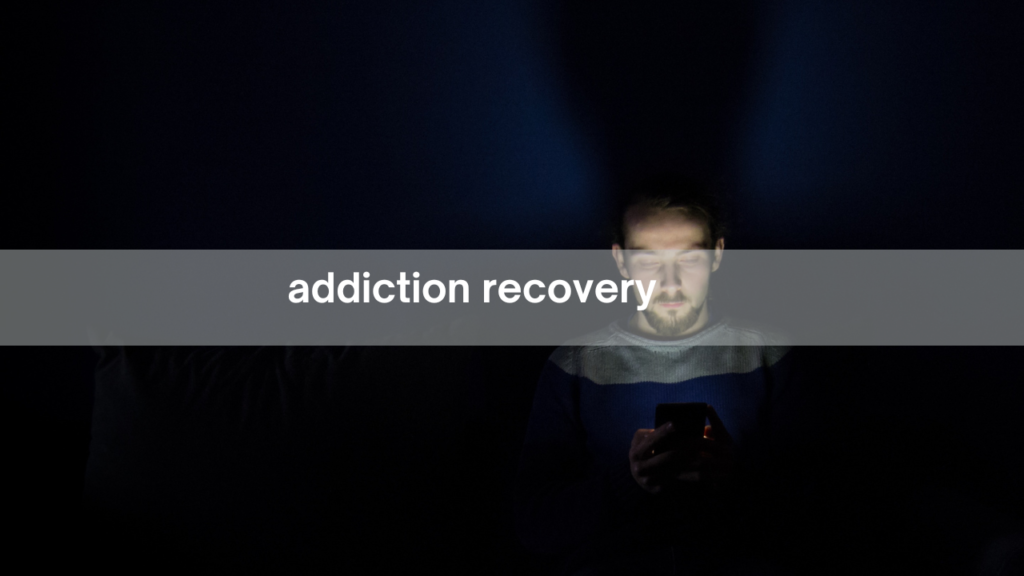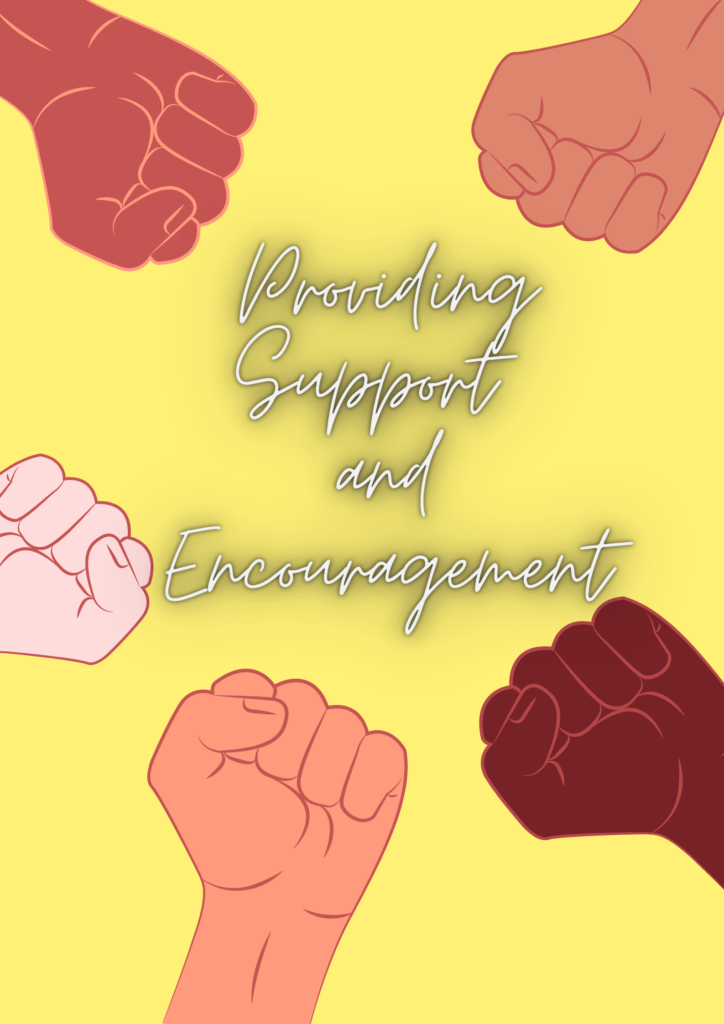
Addiction is a pervasive issue that impacts individuals, families, and communities worldwide. It is a complex condition, often marked by periods of recovery and relapse, requiring comprehensive support systems to navigate successfully. One of the most vital components of these support systems is the role of a sponsor. Sponsors, often volunteers who have themselves journeyed through recovery, serve as beacons of hope, guiding recovering addicts toward a healthier, sober life.
Understanding Sponsorship
In the context of addiction recovery, a sponsor is someone who has successfully maintained their sobriety and is willing to mentor another person undergoing recovery. The concept is most commonly associated with 12-step programs such as Alcoholics Anonymous (AA) and Narcotics Anonymous (NA). These programs emphasize the importance of peer support, believing that those who have walked the path of addiction and recovery are uniquely positioned to provide guidance, empathy, and support.
The Role of a Sponsor
Sponsors perform various roles, all aimed at supporting the recovering addict’s journey. Firstly, they provide emotional support. Recovery is often an emotionally tumultuous process, filled with self-doubt, anxiety, and the fear of relapse. A sponsor offers a listening ear, encouragement, and reassurance. They help the sponsee (the person being sponsored) understand that their feelings are normal and that they are not alone in their struggle.
Secondly, sponsors act as role models. Having successfully navigated their own recovery, they exemplify the possibility of long-term sobriety. Their lived experiences serve as proof that recovery is achievable. By sharing their stories, they inspire hope and determination in their sponsees.
Thirdly, sponsors offer practical guidance. They help sponsees navigate the steps of the recovery program, offering advice on coping strategies, helping them recognize triggers, and developing relapse prevention plans. They often share personal experiences to illustrate how they handled similar challenges, providing a roadmap that can be adapted to the sponsee’s unique circumstances.
The Impact of Sponsorship
The impact of having a sponsor can be profound. Studies have shown that individuals with sponsors are more likely to maintain their sobriety compared to those without. The reasons for this are manifold. The accountability provided by a sponsor can be a powerful motivator. Knowing that someone is invested in their recovery journey encourages sponsees to stay committed and honest about their struggles.
Moreover, the mutual trust and respect that develop between sponsor and sponsee create a safe space for vulnerability. This openness is crucial for addressing the underlying issues that contribute to addiction. Sponsors help sponsees confront these issues head-on, fostering personal growth and resilience.
Becoming a Sponsor
For those who have achieved stable recovery, becoming a sponsor can be a profoundly rewarding experience. It offers an opportunity to give back, transforming personal struggles into a source of strength and inspiration for others. However, it is a responsibility that should not be taken lightly. Effective sponsorship requires a deep commitment to the sponsee’s well-being, the ability to set healthy boundaries, and the willingness to continually work on one’s own recovery.
Conclusion
Sponsors are indispensable in the realm of addiction recovery, acting as beacons of hope and pillars of support. Their unique blend of empathy, experience, and guidance helps recovering addicts navigate the challenging path to sobriety. By volunteering as a sponsor, individuals not only reinforce their own recovery but also contribute to the healing and transformation of others, creating a ripple effect of hope and recovery within their communities.









